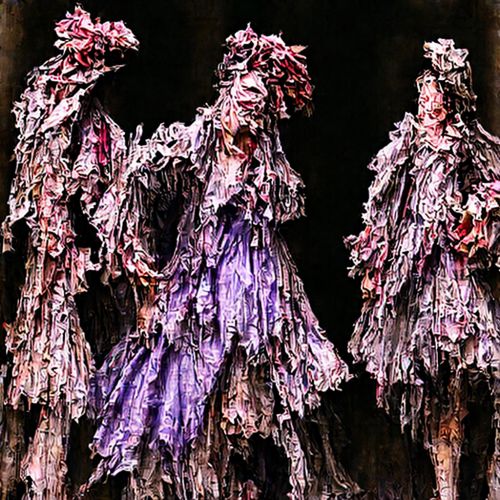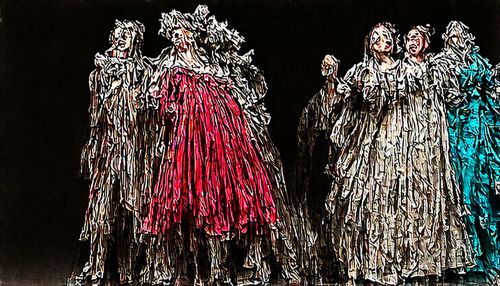Andromaque
Overview
"Andromaque" is a tragedy in five acts by the French playwright Jean Baptiste Racine. It was first performed on 17 November 1667 before the court of Louis XIV in the Louvre in the private apartments of the Queen. The play has been praised for its elegance, simplicity, and profundity – a tragic masterpiece of the seventeenth-century classicism and one of the premier examples of French neoclassical literature.
Plot
The plot of "Andromaque" unfolds in the aftermath of the Trojan War, focusing on the captive Andromaque, the widow of the Trojan hero Hector, and her dilemma over choosing between her love for her son Astyanax and her attraction to her captor Pyrrhus, the son of Achilles.


Characters
The main characters in "Andromaque" include:
- Andromaque: The widow of Hector, captive of Pyrrhus.
- Pyrrhus: Son of Achilles, King of Epirus.
- Oreste: Son of Agamemnon, in love with Hermione.
- Hermione: Daughter of Helen and Menelaus, betrothed to Pyrrhus.
Themes
"Andromaque" explores themes of duty, love, and revenge, embodying the spirit of seventeenth-century classicism. The characters are caught in a web of unrequited love, driven by their duty and honor, leading to a tragic end.
Reception and Legacy
"Andromaque" was a success from its first performance, and has remained one of Racine's most popular plays. It has been performed and adapted numerous times in various languages, and has influenced a number of later writers and playwrights.
